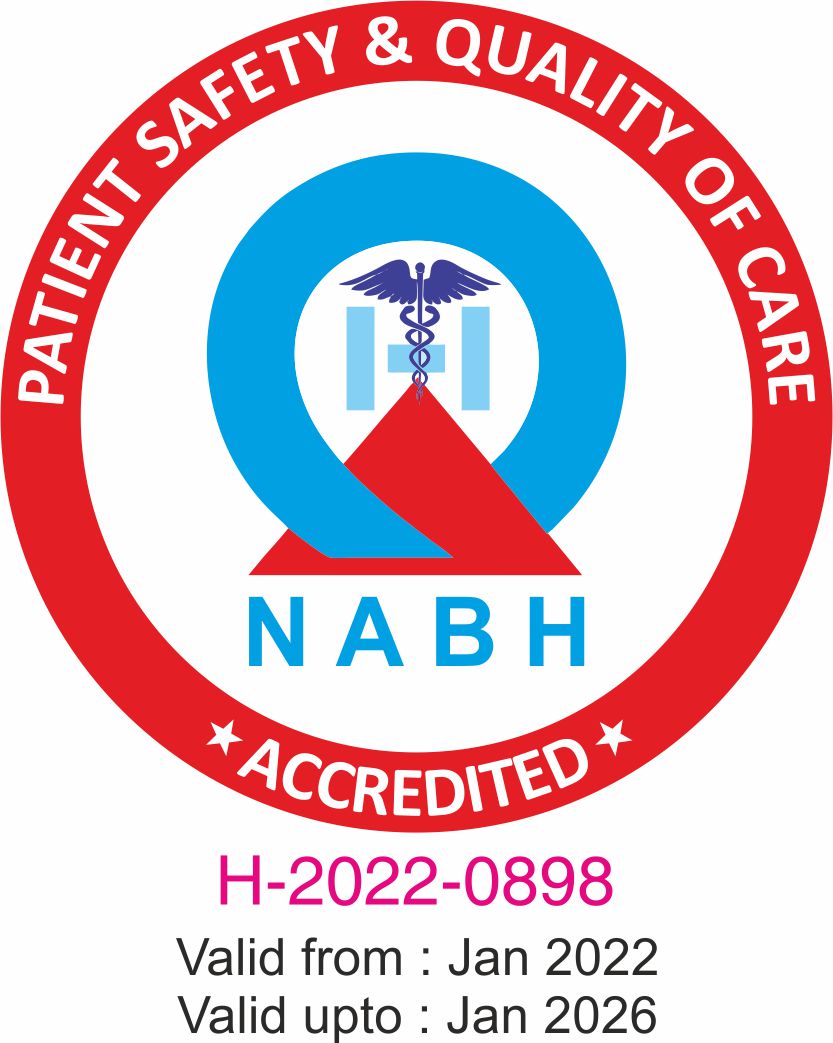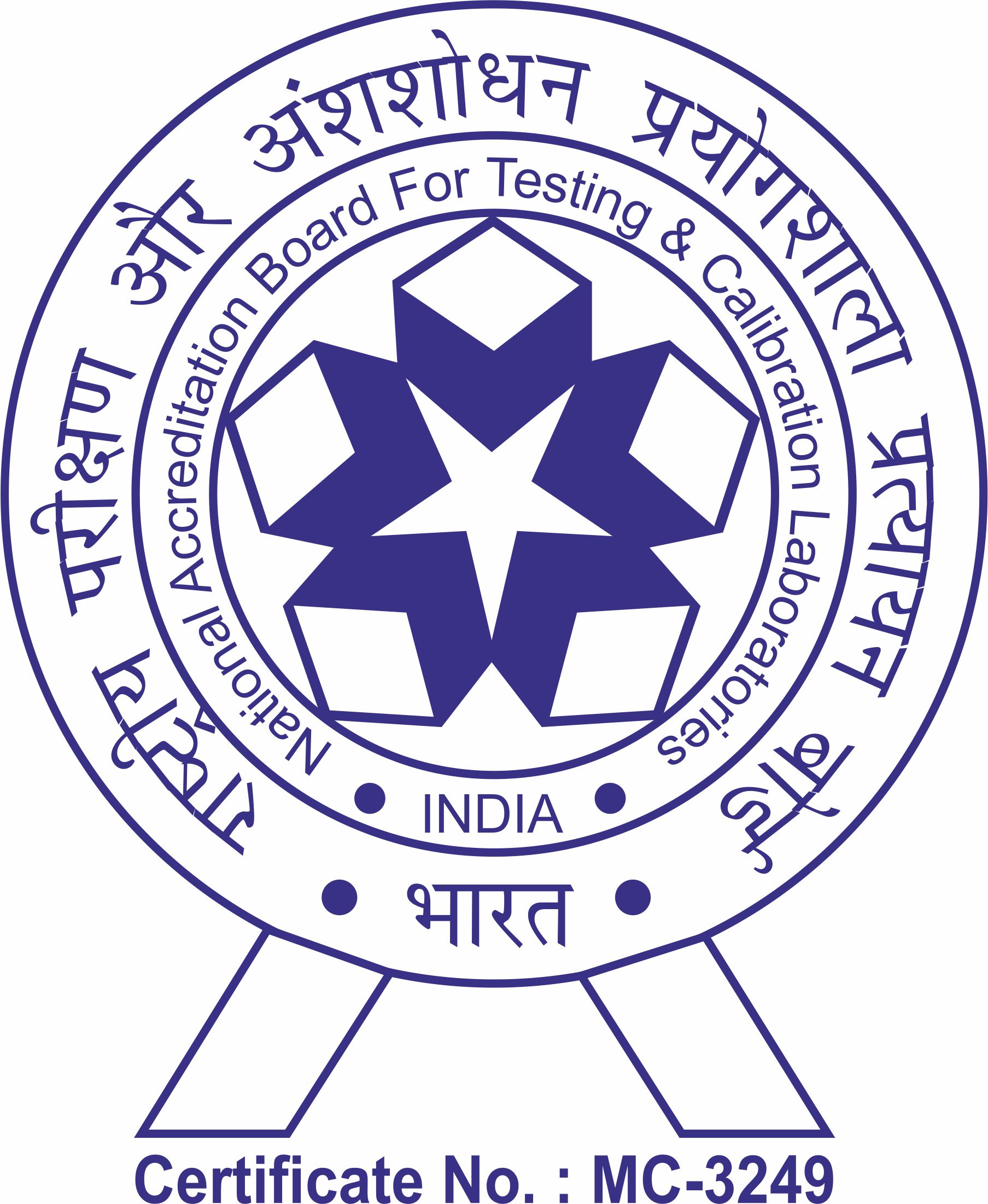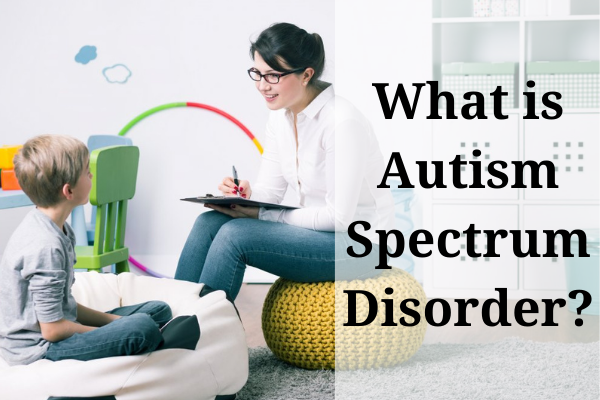WHAT IS AUTISM SPECTRUM DISORDER?
Autism Spectrum Disorder (ASD) is a developmental disease that encompasses a range of neuro-developmental conditions. This causes social, communication, and behavioral challenges. People suffering from Autism Spectrum Disorder often face a challenge in social interaction, speech, and non-verbal communication.
Autism is known as a “spectrum” disorder because the type and severity of the symptoms in each person vary. The learning abilities, thinking capabilities, and problem-solving skills of a person suffering from autism spectrum disorder may differ. Some people might need assistance in their day-to-day activities while some can easily take care of their routine chores.
Autism Spectrum Disorder is a brain development-related disorder which impacts how a person perceives various situations and other people around them. It begins in early childhood which eventually causes problems in functioning in society.
Signs and Symptoms
The signs and symptoms of the disorder are recognized and exhibited at different stages by each child. Some children show signs in early infancy and some show signs in later stages of life. The pattern of behavior of each child is different. It is difficult to identify the severity of the disorder due to the unique mixture of symptoms in each child. This depends on the level of impairments and how it affects the child’s ability to function. Children who show symptoms in the early stages show signs like reduced eye contact, lack of response to their name, or indifference to caregivers.
Other signs and symptoms of autism spectrum disorder are given below-
- Lack or no response to his/her name.
- Prefers to play alone and does not like to be cuddled or held. Children often retreat to their own worlds.
- Poor eye contact and lack or no facial expressions.
- Unable to say words or sentences.
- Does not understand simple questions or instructions.
- Inability in recognizing nonverbal cues such as interpretation of other’s expressions, body posture, voice, or tone.
- Often repeat words or sentences without being able to use them correctly.
- Can become aggressive or disruptive in social interactions.
- Speaks in an abnormal tone or rhythm. Might use robot-like speech or singsong voice.
- Can be very interested in other people but have trouble in talking to them, responding to them, etc.
Characteristics of autism spectrum disorder
Autism spectrum disorder has various characteristics. These characteristics differentiate the severity of the disorder among the children.
These are mentioned below-
- Social interaction and communication problem
This involves difficulty in having normal conversations, the inability to respond to cues, emotions, challenges, etc. Children often show reduced interest in relationships and situations.
- Restricted and repetitive behavior patterns, interests, and activities.
Some of the repetitive patterns of behavior include hand flapping, toe walking, playing with toys in a very unique manner, showing interest in uncommon activities. They also experience sensory aspects of the world in an unusual or extreme way like indifference to pain/temperature, excessive smelling/touching objects, fascination with lights and movement, or being overwhelmed with loud noises, etc.
Diagnosis & Risk factors
Diagnosis of autism spectrum disorder in the early stages helps in reducing the symptoms and improving the quality of life for people with autism spectrum disorder and their families.
ASD cannot be diagnosed through medical tests rather a doctor observes the child, their pattern of behavior, speech, and activities.
Diagnosis of autism syndrome disorder in young children is a two-way process-
The first stage includes general developmental screening during well-child checkups. Every child must get a check-up with their pediatrician in case of delayed growth during 9-18 and 24- 30 months. Those children who have parents or family members with autism syndrome disorder must get their check-ups done to know the possible risks of the disorder in the child.
The second stage is an additional evaluation with a team of doctors and professionals in autism spectrum disorder. This evaluation assesses the cognitive abilities of the child, language abilities, and skills as per the age of the child to know the possible risks of autism. Autism spectrum disorder is a very complex disorder that might occur with other illnesses or learning disorders. The comprehensive evaluation can also include hearing tests and blood tests of the child too.
When the exact cause of autism is not known then research suggests that genes can act together with influences from the environment to affect development in ways that lead to autism spectrum disorder.
Some possible risks of autism spectrum disorder include-
- Having a sibling with an autism spectrum disorder.
- Having older parents.
- Having genetic conditions such as down syndrome, fragile x syndrome, and Rett syndrome.
- Very low birth weight.
Treatments and therapies
Treatment of autism must begin as soon it is diagnosed. Early treatment of the disorder can help in making life easier for the child and family. There are therapies and medications which work together to help the child treat the symptoms of autism spectrum disorder.
Medications help in lowering the density of the symptoms like irritability, aggression, repetitive behavior, hyperactivity, anxiety problems, etc.
World Autism Day 2021
April 2, is World Autism Day to spread awareness about the disorder. The world’s fourteenth annual autism awareness day will be celebrated this year. This day gives recognition to people with autism and those who love and support them



